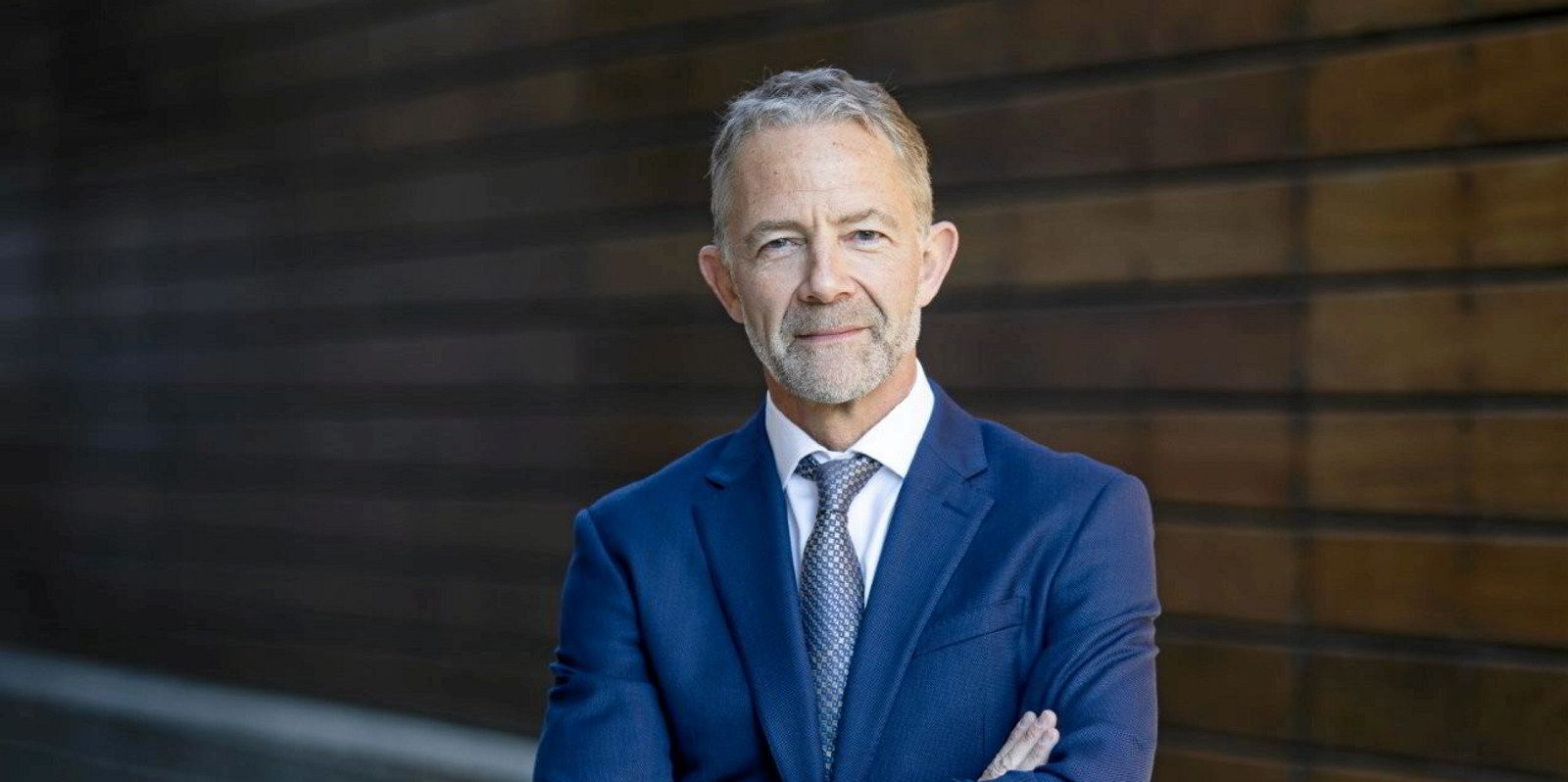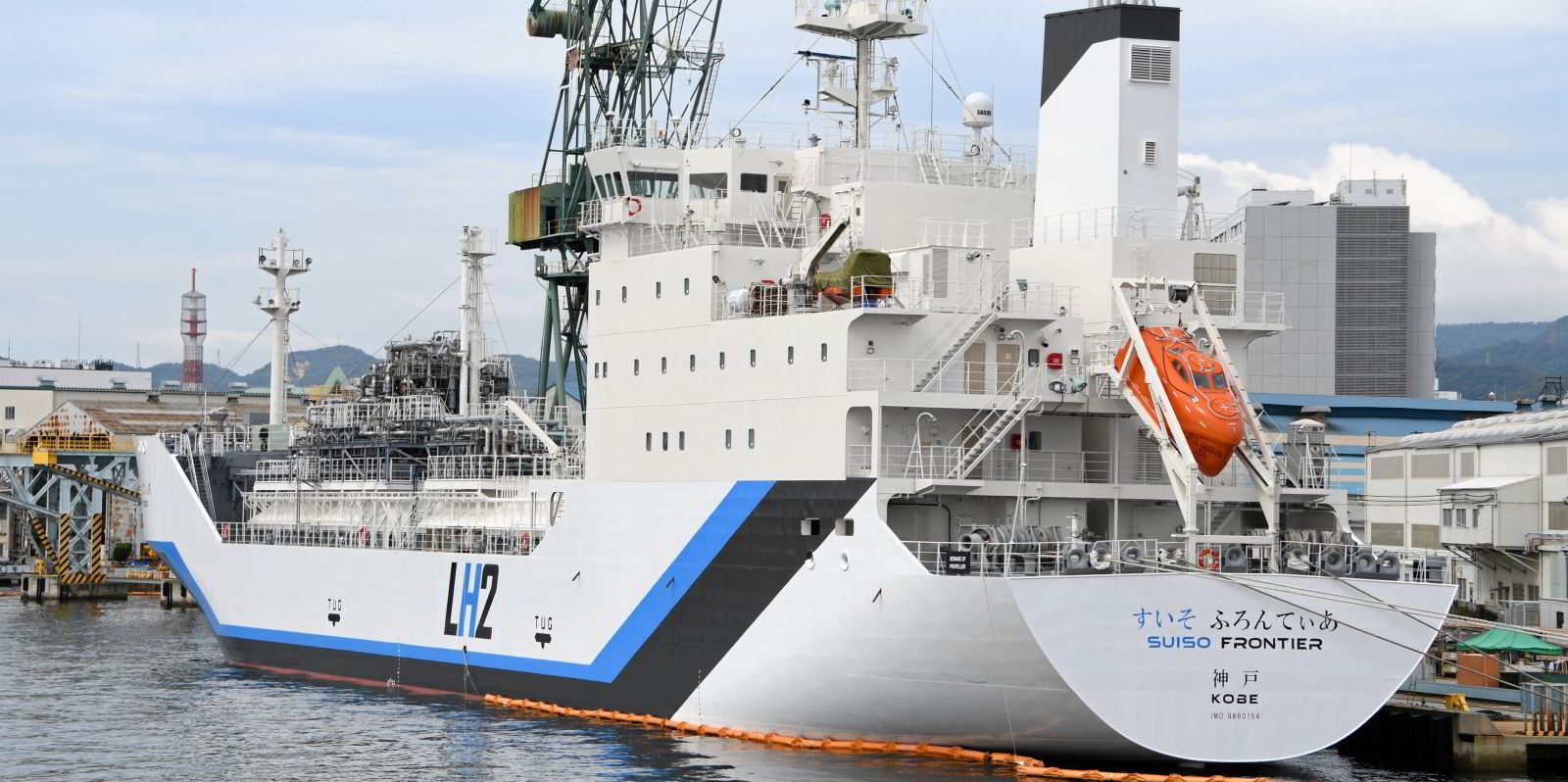Columbia Group boss Mark O’Neil believes shipping is getting ahead of itself by focusing too much on decarbonisation.
The chief executive of the Cyprus-based vessel services company told the Capital Link shipping forum in New York that fossil fuels are going nowhere, so more emphasis needs to be placed on carbon capture and fuel optimisation.
O’Neil said the narrative must change.
“When you talk to the energy majors in the Middle East, there is definitely an upswing, not a downswing, in their dedication to the extraction and processing of fossil fuels in the short to medium term, which means shipping must question whether a fossil-free, carbon-zero future is what is in front of it,” the CEO added.
Decarbonisation does not stand up to scrutiny in the current geopolitical climate with tensions in the relations among the US and China, Europe, India and Russia coming ever more into the fore, he explained.
“Do we really believe that this is an environment in which a totally green revolution can, or should, take place?” he asked the forum.
He suggested shipping could be accused of jumping on the decarbonisation bandwagon for all the wrong reasons when the vast majority of the world will not be ready to go to a “carbon-free” fuel source in the near future.
Talk of net zero suggests no carbon, O’Neil said.
“If we can find the technology to capture that carbon then there is a future for fossil fuels. We need to look at the wider picture because we are in danger of going down the green revolution route for the wrong reasons bearing in mind that our vessel investments are long-term and the industry is crying out for flexibility of fuels,” he added.
O’Neil told delegates: “We need to be ready for all fuel types because we just don’t know what is out there, and we don’t know what is coming, but the problem is that we have assets with a 20-year-plus lifespan.
“But I firmly believe that the future will be about fossil fuels remaining the dominant fuel, but used in a carbon-reduced, captured and optimised way, and with many alternative fuels being available for specific trades and vessels” he concluded.




